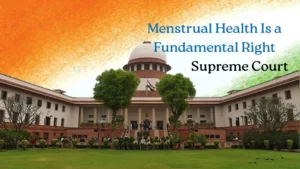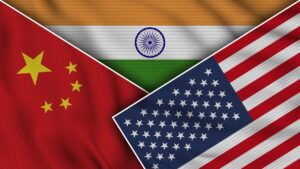The new interception rules represent India’s effort to modernize its surveillance framework in the face of evolving technological and security challenges. While they offer significant benefits for national security, they also raise critical questions about privacy, transparency, and accountability. For UPSC aspirants, this topic provides a rich case study in governance, ethics, and technology, offering insights into how democratic nations navigate the complex interplay of security and individual rights.









